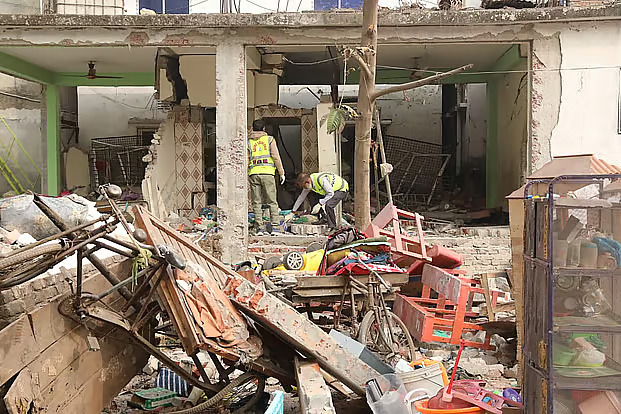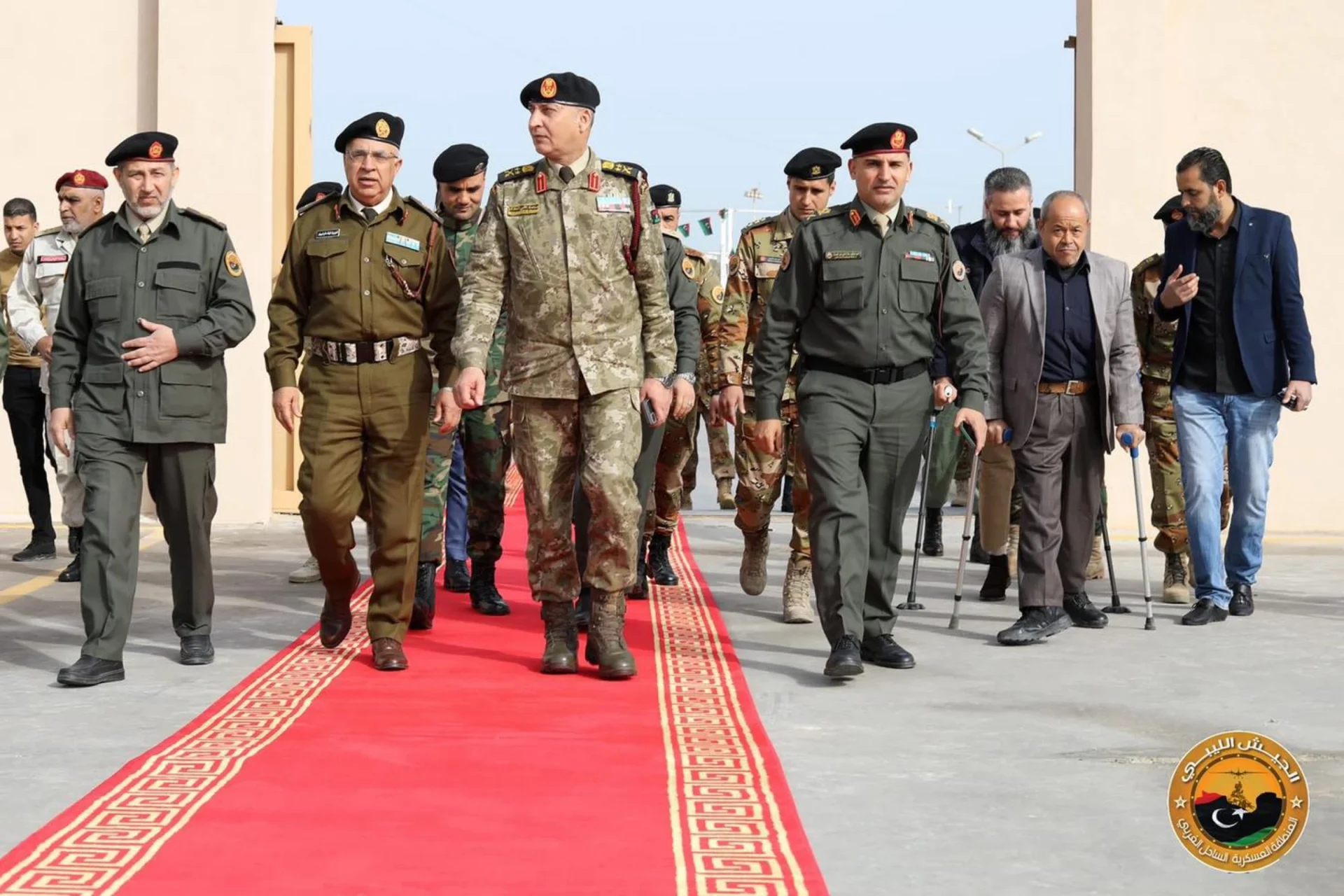IRAN AND RUSSIA DEEPEN NUCLEAR COOPERATION.
IRAN AND RUSSIA DEEPEN NUCLEAR COOPERATION.
In a move that will do little to improve relations between Washington and Moscow, Russia’s Atomic Energy Minister yesterday announced the signing of a new nuclear energy cooperation agreement with Iran. The accord–a memorandum of understanding–came at the end of a four-day visit to Iran by Atomic Energy Minister Yevgeny Adamov. The new agreement calls for Russia to speed up construction of the controversial Bushehr nuclear power plant in southern Iran. The memorandum also creates a joint Russian-Iranian committee tasked with studying the feasibility of additional nuclear projects for Russia in Iran, including a possible second reactor at the Bushehr site (AP, Russian agencies, Xinhua, November 24). On his arrival in Tehran on November 22, Adamov had stated Moscow’s desire to build additional plants in Iran (Itar-Tass, November 22). At a press conference today, Adamov confirmed that Iran wants to build as many as three additional reactors at the Bushehr site with Russian assistance (Itar-Tass, November 25).
Yesterday’s announcement–and Russian-Iranian nuclear cooperation more generally–comes despite strenuous objections from Washington that civilian projects like the Bushehr plant could help Tehran to develop nuclear weapons. Washington has also been critical of reported cooperation between Russian and Iranian defense organizations in the development of Iranian ballistic missiles. Moscow has made continued cooperative relations with Iran a symbol of its diplomatic independence from the United States, however, and, particularly with regard to the Bushehr project, has made clear that it will proceed undeterred. Aside from the geopolitics involved–Russia sees close relations with Iran as a means of reasserting its influence in the Persian Gulf and throughout the Middle East–there are also financial considerations. Moscow is looking to its nuclear energy sector for hard currency revenues from abroad, and the Bushehr project alone is estimated to be worth about US$800 million.
Despite the obvious benefits to both countries, work on the Bushehr facility has not been problem-free, and Adamov’s visit was reportedly intended also to resolve some of those difficulties. Among other things, the Iranian side is reportedly dissatisfied with the pace of construction at Bushehr. The Russians, meanwhile, are apparently attributing at least some of the building delays to what they suggest is Tehran’s insistence on making full use of the equipment installed at the site by Siemens. The German company originally undertook construction of the facility in 1975, but suspended construction in 1980 as hostilities began between Iran and Iraq. Russian experts reportedly claim that much of the German equipment at Bushehr is either now outdated or incompatible with the Russian equipment being installed at the plant (Xinhua, November 21; Itar-Tass, November 22).
SOUTH AFRICAN OFFICIAL ENDS VISIT TO RUSSIA.


